Real-World Studies are creeping into practice within the pharma world, but how about science classrooms?
Led by teacher Jody Saxton West, Northfield High School in Minnesota’s science curriculum has had a massive overhaul. The sophomores in her Advanced Placement Biology class have been working on projects with real-world applications. This application of their work has enthused students.
Since the beginning of the year, students have worked in small research groups using Bio-Rad algae beads. Bio-Rad is a California-based company that works on innovating and developing useful products for healthcare industries. The beads are designed to aid in pollution control, and hit the market last Autumn. Essentially, they’re made up of fresh water algae wrapped in polymer plastic.
What have student been working on?
Student projects vary from testing the beads under different light concentrations to predicting how they might react to different temperature. The data to collect will be fed back to Bio-Rad, meaning students are building real research experience.
Saxton West commented, “My greatest joy as a teacher is when my students are no longer just consumers of information, with the experiments my students did in the last few weeks, they actually contributed to scientific information. That’s incredibly exciting.”
How did the partnership develop?
In 2013 Saxton West struck up a friendship with Leigh Brown, a member of Bio-Rad’s life Sciences division. The friendship led to the teacher being invited to provide consult input to the algae beads project in 2014. Since then, her students have been involved with beta-testing as well as their own research projects.
What could this mean for UK science education?
Could this unique partnership mean a change could be coming to UK shores next? We certainly hope so! GlaxoSmithKline’s science education programme offers a broad range of free resources for secondary school-age children.
These soon-to-be scientists will be relied on to solve the global health issues of the future. Showing children from a young age how their skills can produce real change is a big step forward.
Follow Us
Share
More News
IgniteData secures £1/2 million Innovate UK grant for ground-breaking clinical trial data project
How EHR-to-EDC technology is sparking better collaboration in clinical trials
6 Common Data Challenges For Clinical Researchers
How to choose an EHR-to-EDC solution
Leading healthcare technology expert Steve Tolle joins IgniteData
Guest blog: Joseph Lengfellner on the challenges and solutions for clinical trials – Part 2
Guest blog: Joseph Lengfellner on the challenges and solutions for clinical trials – Part 1
How structured data is used in clinical trials
Evidence from Electronic Health Records-to-Electronic Data Capture live pilot study
IgniteData and Leading New York City Cancer Center Collaborate to Solve the Clinical Trial Data Transfer Challenge
Clinical trial data mapping explained: Mapping EHR data
Quality data and the EHR-to-EDC dream – where and why we need to focus our energies
UK clinical trials landscape: 4 big influencers
ZS’s Qin Ye on trends and driving innovation in life sciences

Meet Archer, the platform transforming EHR-to-EDC data automation
